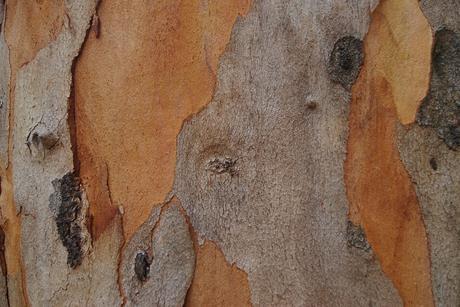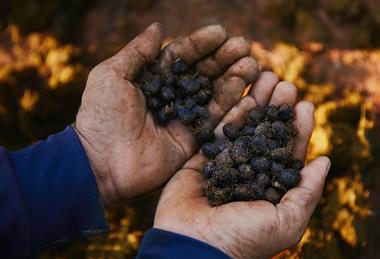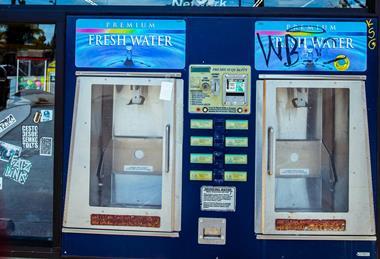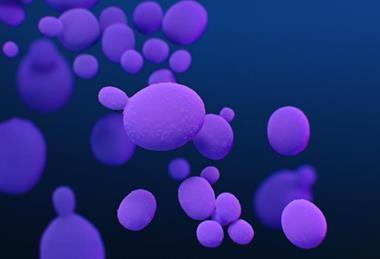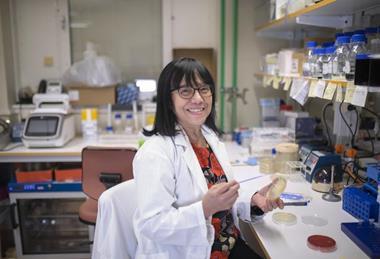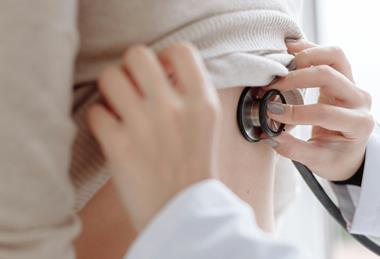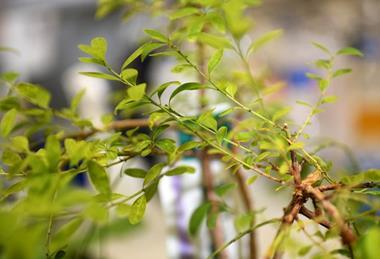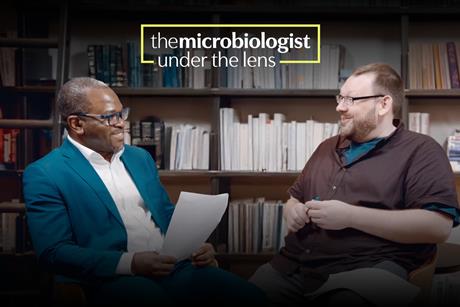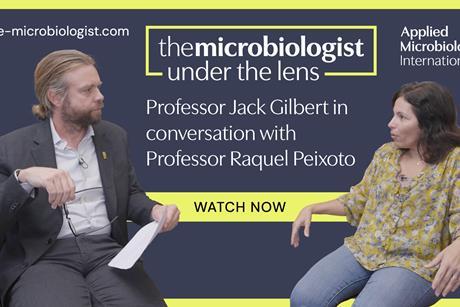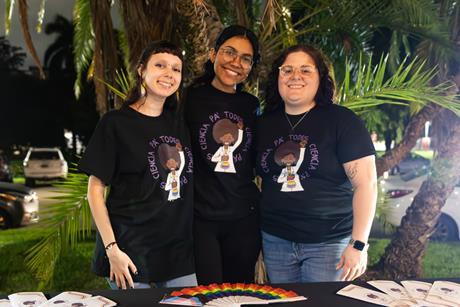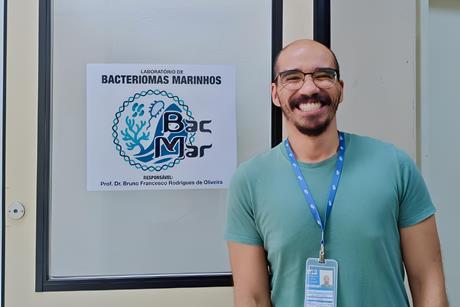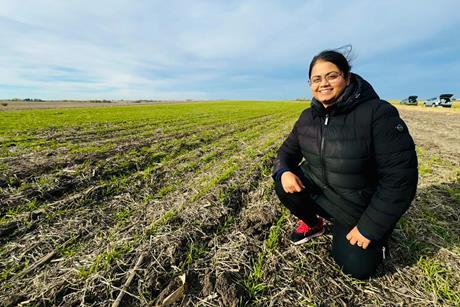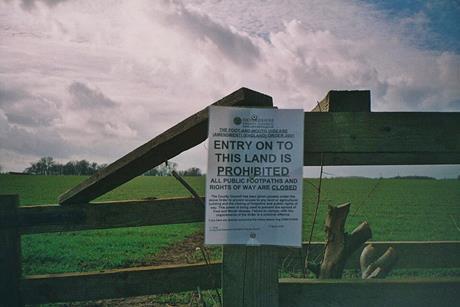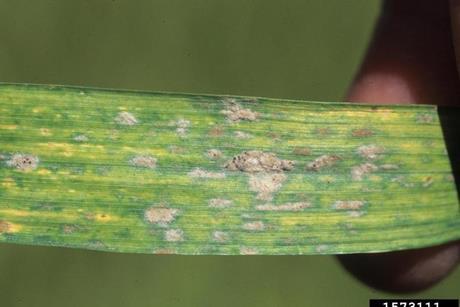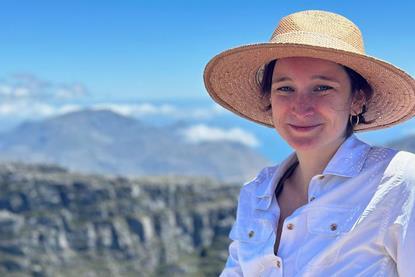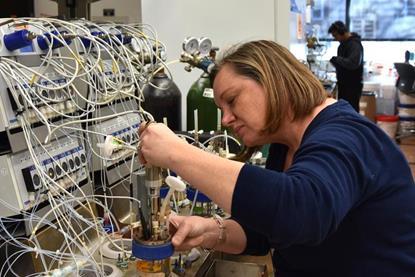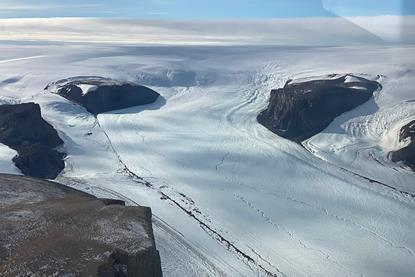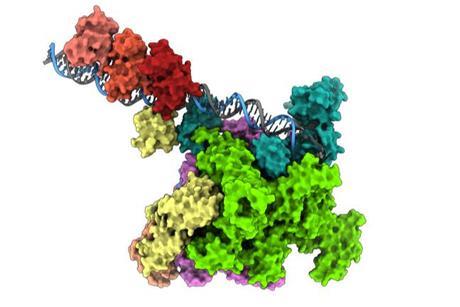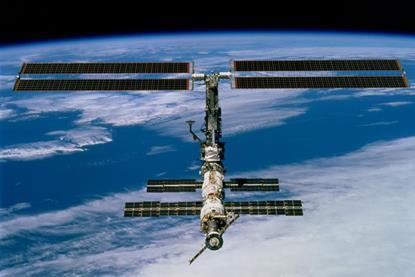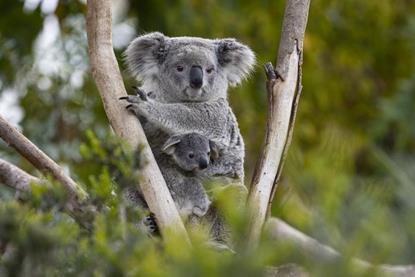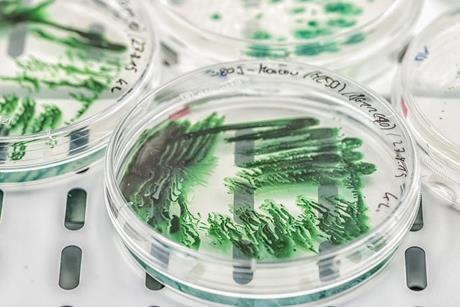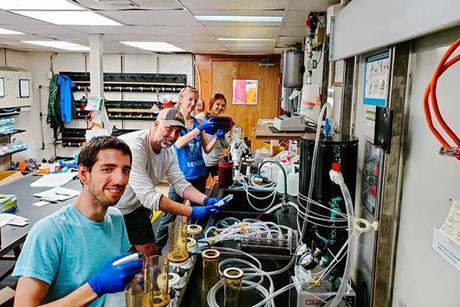Scientists find microbes enhance the benefits of trees by removing greenhouse gases
Australian researchers have discovered a hidden climate superpower of trees. Their bark harbours trillions of microbes that help scrub the air of greenhouse and toxic gases.
- Previous
- Next
Unlocking the secrets of phages: DNA modification discoveries offer new weapons against antimicrobial resistance
Bacteria and their viral predator bacteriophages (phages) have coevolved for billions of years and are engaged in an endless arms race against each other. DNA modifications are among the most widespread defenses to block bacterial RM and CRISPR-Cas systems.
Read storyThe smell of the sea: how microbes shape Earth’s sulfur story
That distinctive “sea breeze” scent we associate with the coast isn’t just nostalgia; it’s the smell of microbial chemistry at work. Behind it lies an intricate web of microbial pathways turning sulfur compounds into gases that help shape Earth’s climate.
Building integrated biobanks to defeat AMR in chronic wounds
Antimicrobial resistance (AMR) has evolved into a complex global health issue which has outstripped the development of new antibiotics and therapeutic strategies. The World Health Organisation (WHO) estimates 1.27 million deaths were attributed to AMR infections in 2019. By 2050, 10 million deaths are predicted at a cost of $100 ...
When movies teach us to love microbes
I have been teaching microbiology for more than 25 years. During that time, I have seen it all – students who arrive eager to learn and others who attend because they have no other choice. Over the years, I have also taught various subjects at different times of day: sometimes ...
Under the Lens video series
The Microbiologist: Under the Lens | Episode 2
The Microbiologist: Under the Lens | Episode 1
Get unlimited access to The Microbiologist
The Microbiologist provides detailed information on the latest research, topics, reviews, events and news on a wide variety of microbiological topics.
Members of Applied Microbiology International get unlimited access as a benefit. Find out more about AMI Membership

We couldn’t get people interested in science - until we started speaking their language
In 2020, Puerto Rico faced a misinformation crisis. Melanie Ortiz Alvarez De La Campa reveals how five STEM undergraduates created a sci-comm organization that helped pass legislation, educated thousands, and created an inclusive database of Caribbean scientists.
The politics behind the global divide in bacteriophage therapy
The therapeutic potential of bacteriophages (or ‘phages’) has been widely dismissed for decades in the West, despite being regularly used to treat patients worldwide in the early and mid-20th century. In an age rife with disinformation, can the true potential of clinical phage technology be communicated to a public already uneasy about scientific intervention?
Pride in Microbiology Network: the road so far
Bruno Francesco Rodrigues de Oliveira, a founding member of the Pride in Microbiology Network, reveals how it has developed since it was launched three years ago - and what needs to happen next.
A day in the life of a soil microbial ecologist
Dr. Taniya RoyChowdhury, a soil microbial ecologist and biogeochemist at the Woodwell Climate Research Center, describes a typical day.
Scientific Event Travel Grant: how the Safepork conference surpassed my expectations
Shan Goh from the University of Hertfordshire reports back on the International Symposium on the Epidemiology and Control of Biological, Chemical and Physical Hazards in Pigs and Pork held in Rennes, France, in October. Shan was supported with a Scientific Event Travel Grant awarded by AMI.
CBCTA 2024 oral presentation winners: Isabella and Lia take home the honours
Letters in Applied Microbiology sponsored the best oral presentation award at the 29th Brazilian Congress of Food Science and Technology (CBCTA 2024). Winner Isabella Bassoto Xavier and runner-up Lia Mariano Aquino take a dive into their research.
Commercial water dispenser machines may contain more contamination than tap water
Water dispenser machines in commercial spaces may contain higher levels of microbial contamination if they aren’t cleaned regularly compared to the tap water sources supplying them that contain residual chlorine, according to a new study.
Infant gut bacteria may be the key to preventing asthma and allergies
A study shows that children are less likely to develop allergies and asthma if, as infants, they are colonized with certain bifidobacteria that produce a substance in the gut - a so-called metabolite - that dampens immune responses to allergens.
A bacterial toxin can counteract colorectal cancer growth
A toxin secreted by cholera bacteria can inhibit the growth of colorectal cancer without causing any measurable damage to the body. Systemic administration of the purified bacterial substance changes the immune microenvironment in tumours.
Food security
Scientists explore how gut bacteria alter the flavor of Black Ivory coffee beans
Coffee beans that pass through the digestive tracts of animals get their unique flavors from the activity of gut microbes, report researchers. Bacterial activity that reduces the pectin content of Black Ivory coffee could be the source of its smoother, chocolaty, and less bitter flavor.
Clean Water
Commercial water dispenser machines may contain more contamination than tap water
Water dispenser machines in commercial spaces may contain higher levels of microbial contamination if they aren’t cleaned regularly compared to the tap water sources supplying them that contain residual chlorine, according to a new study.
Corday Selden selected for the Oceanography Society Early Career Award
The Oceanography Society (TOS) has selected Dr. Corday Selden, an Assistant Professor at Rutgers University, as a recipient of the TOS Early Career Award, recognizing her outstanding early-career research contributions, leadership in ocean sciences, and exceptional promise for future impact in oceanography.

